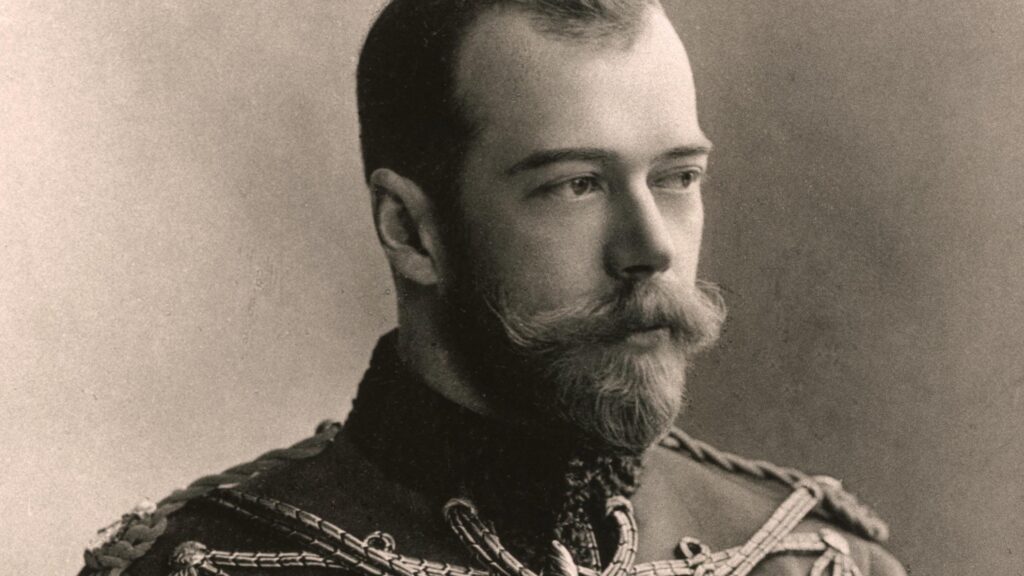The final chapter in the life of Tsar Nicholas II, the last Emperor of Russia, is tragic and disturbing. Born into the opulence of the Romanov dynasty, Nicholas II ascended to the throne in 1894, carrying the weight of a centuries-old autocracy on his shoulders. However, his reign was marred by political unrest, war, and revolution, culminating in his abdication in 1917. The last days of his life, leading to his execution in 1918, were a stark departure from his days of imperial grandeur, marked by fear, uncertainty, and suffering.
Following his abdication, Nicholas II, along with his family and a few loyal retainers, were placed under house arrest by the Provisional Government. Initially held at their palace, the family was moved to Tobolsk in Siberia, ostensibly for their safety amidst the growing tensions of the Russian Civil War. The conditions of their confinement were a far cry from their previous lives but were not yet the dire circumstances they would later endure.

The House of Special Purpose
In April 1918, as the Bolsheviks gained control, the Romanov family was transferred to the Ipatiev House in Yekaterinburg, a move that signaled the beginning of the end. The Ipatiev House, later known as “The House of Special Purpose,” became the final prison for the Romanovs. The family, now consisting of Nicholas, his wife Alexandra, their five children, and a few devoted servants, were kept under strict surveillance, with their every move watched by the Bolshevik guards.
The atmosphere within the walls of the Ipatiev House was tense and foreboding. The family, once the rulers of a vast empire, were now prisoners awaiting an uncertain fate. They were allowed limited time in the garden, were constantly under guard, and lived with the constant fear of what the next day would bring. Nicholas, who had once held supreme power, could do nothing but watch as his family suffered the indignities of their confinement.

A Tragic Fate
The horrifying culmination of their ordeal came in the early hours of July 17, 1918. The family was awakened and told to dress; they were led to believe they were being moved again due to the advancing Czechoslovak legions. Instead, they were taken to a small room in the basement of the Ipatiev House. It was there that Nicholas II, his family, and their remaining loyal servants were executed by a Bolshevik firing squad. The brutal manner of their deaths, and the subsequent attempts to hide their bodies, only added to the tragedy of their final days.
Conclusion
The execution of Nicholas II and his family marked the end of the Romanov dynasty, which had ruled Russia for over 300 years. The horrifying nature of their last days and their violent end stand as a stark reminder of the tumultuous period in Russian history, characterized by revolution, civil war, and the profound transformation of a society. The story of Nicholas II’s final days is not just a tale of personal tragedy but a significant chapter in the broader narrative of 20th-century history, reflecting the end of an era and the birth of a new political order.





